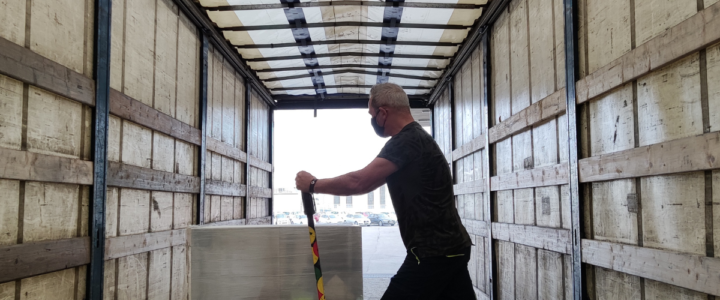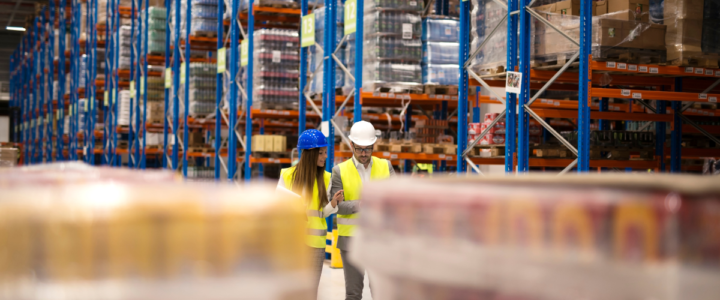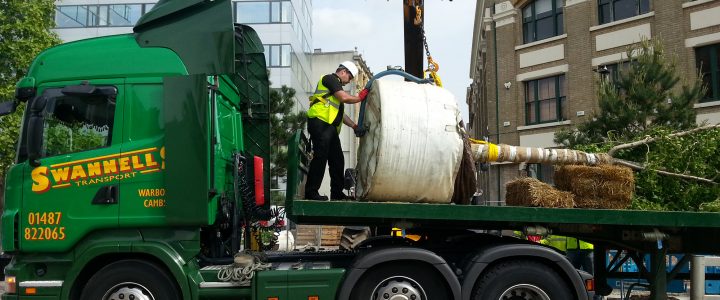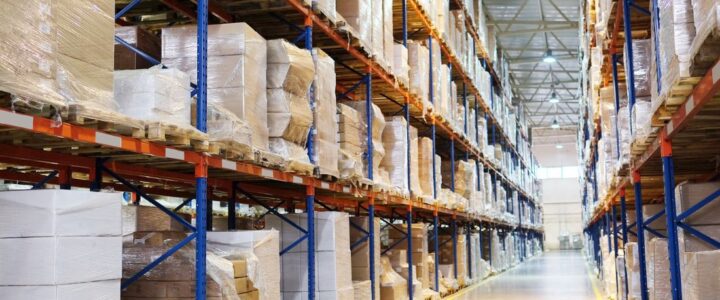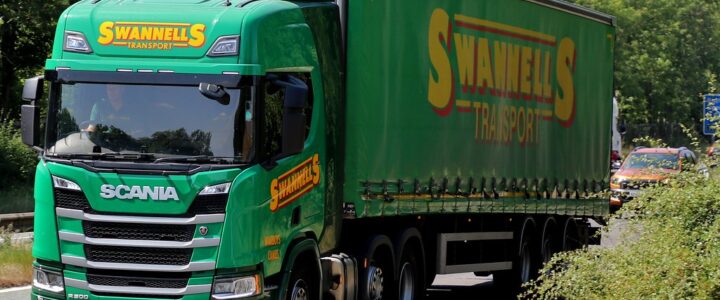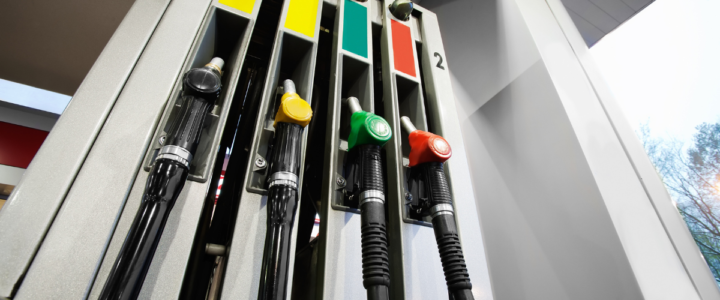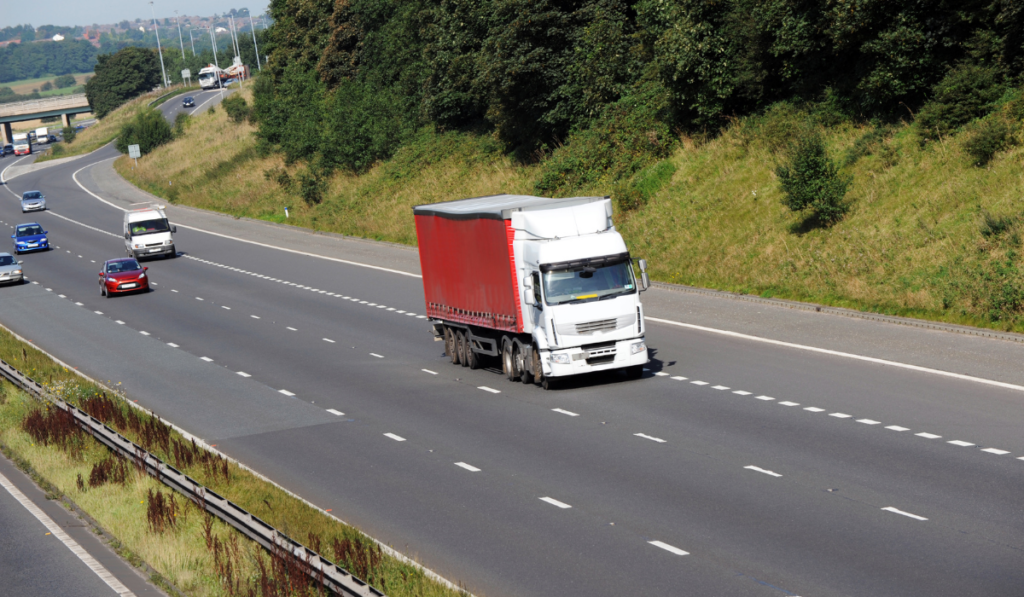Freight damage can result in expensive losses and delays, so it’s essential to take steps to reduce the risk of damage during transportation. Here are some ways to reduce freight damage:
- Proper Packaging: One of the most effective ways to reduce freight damage is to use the right packaging. Use high-quality packaging materials that can withstand the rigours of transportation, such as corrugated boxes, bubble wrap, foam inserts, and pallets. It is also important to make sure the packaging is appropriate for the weight and size of the product.
- Load Securement: Make sure that the load is secured properly before transportation. This can be done by using straps, chains, or nets to keep the load in place. The load should also be evenly distributed on the pallet or container to avoid any shifting during transportation.
- Proper Handling: Proper handling is essential to prevent freight damage. Train personnel to handle the freight with care and avoid dropping or mishandling the packages. Use proper lifting techniques and avoid dragging or sliding the packages on the ground.
- Temperature Control: If your freight requires temperature control, make sure to use temperature-controlled containers or trucks to prevent damage from extreme heat or cold. Use insulated packaging to keep the temperature consistent during transportation.
- Tracking and Monitoring: Use technology such as GPS tracking and monitoring systems to keep track of your freight during transportation. This can help you identify any issues or delays and take corrective action to prevent damage.
- Communication: Communication is essential in preventing freight damage. Make sure that everyone involved in the transportation process is aware of the freight’s fragility and handling requirements. Communicate any special instructions or requirements to the carrier, driver, and receiver.
- Quality Control: Conduct regular quality control checks to ensure that your packaging, load securement, and handling procedures are up to standard. This can help you identify any potential issues before they result in damage.
By following these tips, you can reduce the risk of freight damage and ensure that your products arrive safely and on time.
Working with a reliable logistics partner provides several benefits, including reduced risk of damage or losses, compliance with regulations, and peace of mind. Here at Swannells Transport, we offer safe, qualified transport services. Our experienced team ensures that the cargo is handled with the utmost care, using the right equipment, and following the right protocols to prevent accidents or damage during transportation.
To find out how we can help your business, please give our team a call on: 01487 822 065 or email: traffic@swannells.co.uk

